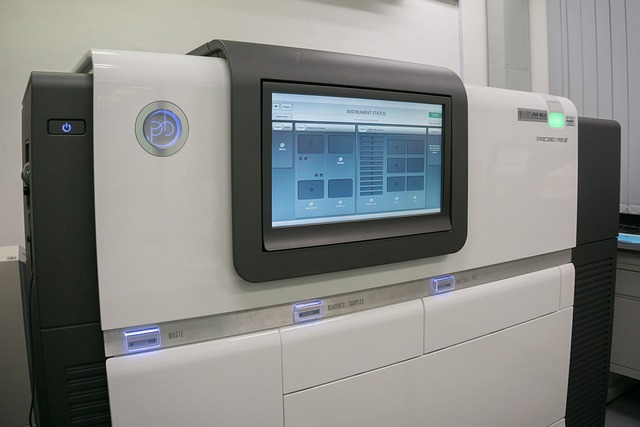Introduction: IBD and the Intestinal Stem Cell Connection
Inflammatory Bowel Disease (IBD), encompassing Crohn's disease and ulcerative colitis, is a chronic inflammatory condition of the gastrointestinal tract. While the precise etiology remains elusive, genetic predisposition, environmental factors, and dysregulation of the immune system are known contributors. Recent research highlights a crucial role for intestinal stem cells (ISCs) in the pathogenesis of IBD. ISCs are responsible for the continuous regeneration of the intestinal epithelium, and alterations in their function can disrupt tissue homeostasis and contribute to chronic inflammation.
The Intestinal Stem Cell Niche: A Foundation for Gut Health
ISCs reside within specialized microenvironments called niches, located at the base of intestinal crypts. These niches provide essential signals that regulate ISC self-renewal, differentiation, and survival. Key signaling pathways involved in ISC regulation include the Wnt, Notch, and BMP pathways.
# Example: Simplified Wnt signaling equation
# Note: This is a simplified representation and does not reflect the complexity of the actual pathway
Wnt_activity = "Ligand_Concentration * Receptor_Availability - Inhibitor_Activity"
print(Wnt_activity)ISC Dysfunction in IBD: A Vicious Cycle of Inflammation
In IBD, the intestinal environment is characterized by chronic inflammation, which can directly impact ISC function. Inflammatory cytokines, such as TNF-α and IL-1β, can disrupt ISC signaling pathways, leading to impaired differentiation, increased apoptosis, and genomic instability. This, in turn, exacerbates the inflammatory response, creating a vicious cycle.
- Increased ISC apoptosis
- Impaired differentiation into specialized epithelial cells
- Genomic instability and increased risk of dysplasia
- Disrupted barrier function and increased permeability
Genomic Instability and Cancer Risk

Chronic inflammation and dysregulation of ISC function can lead to increased genomic instability. This can manifest as mutations and chromosomal aberrations within ISCs, increasing the risk of developing dysplasia and eventually colorectal cancer (CRC) in patients with long-standing IBD.
Therapeutic Strategies Targeting ISCs in IBD
Targeting ISC function holds promise for developing novel therapeutic strategies for IBD. Approaches include: 1) Restoring ISC niche integrity by modulating signaling pathways like Wnt or Notch. 2) Protecting ISCs from inflammatory damage using antioxidants or anti-inflammatory agents. 3) Promoting ISC regeneration and repair with growth factors.
Further Research and Resources

Further research is needed to fully elucidate the complex interplay between ISCs, the immune system, and the gut microbiome in IBD. Understanding these interactions will pave the way for developing more effective and personalized treatments for this debilitating disease.